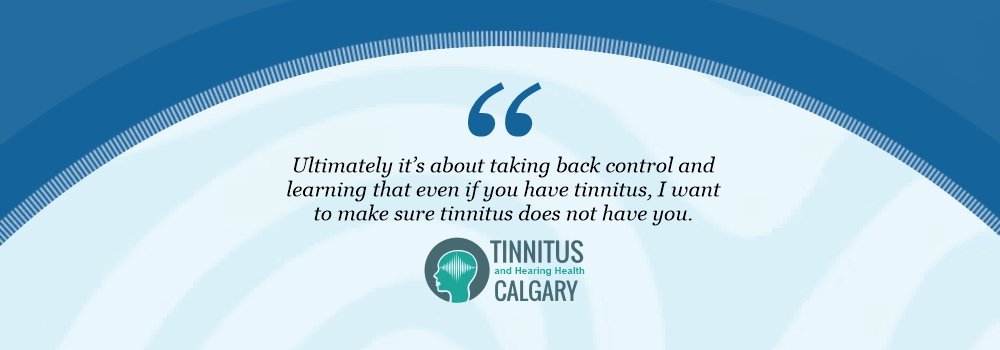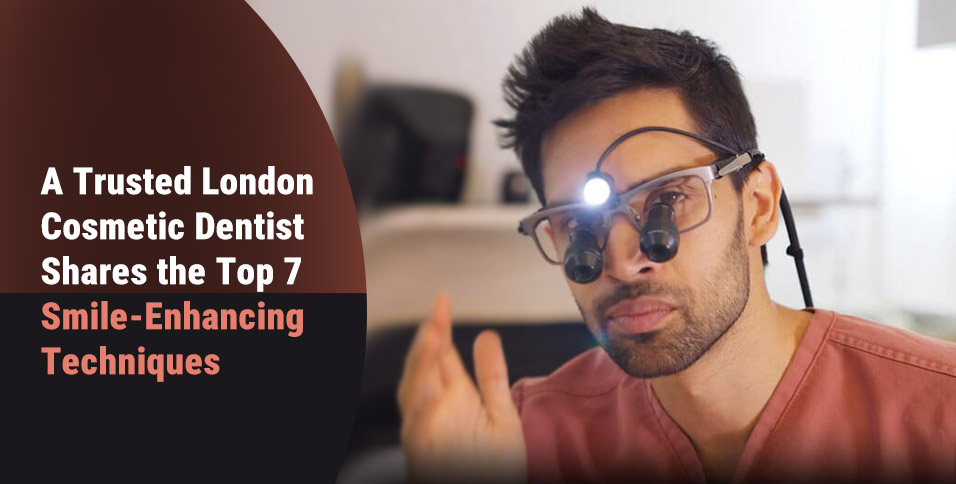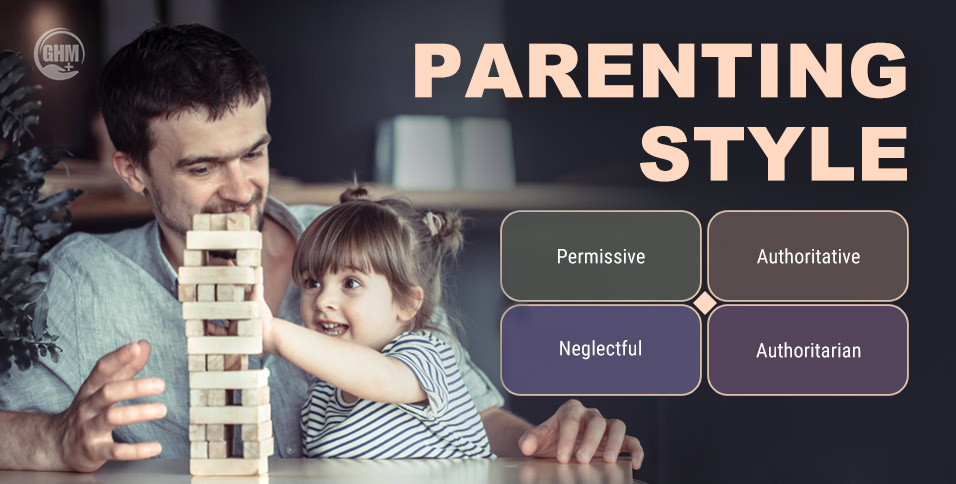Imagine a sound that no one else can hear. A relentless ringing, buzzing, or hissing that follows you into every quiet room, that weaves itself into every conversation, that turns the simple act of enjoying peace into an impossibility. For millions of people, this is not imagination; it is the daily reality of tinnitus. It is a condition often met with a shrug by the medical community, a frustratingly simple and devastating verdict: “There’s nothing that can be done. You just have to live with it.”
This was the universal narrative that audiologist Bonita Chow saw playing out again and again. It was a narrative of dismissal, one that left patients feeling a profound sense of frustration and despair. But where the medical world saw a dead end, Chow saw a call to action. She saw a population of sufferers being underserved, abandoned to a world of online misinformation and false promises. And so, she decided to become the change she wanted to see in the world.
This is the story of how one clinical audiologist, driven by a quiet frustration and a passion for the complex, chose the road less traveled to become a national pioneer in hearing health, fundamentally redefining how patients can learn to live with—and manage—the sound that never stops.
The Road Less Traveled
Bonita Chow began her career as a Registered Clinical Audiologist in 2006, with a background in both private practice and a behind-the-scenes role with a hearing aid manufacturer, training other professionals on best practices. From the beginning, she found herself drawn to the periphery of her field. “I’ve always been drawn to the road less traveled,” she explains, “so my interest was not in just hearing loss, but the more complex conditions like tinnitus and sound tolerance disorders that don’t get any attention in the medical community.”
These conditions, tinnitus, hyperacusis, and misophonia, which cause hypersensitivity and distorted reactions to sound, were the very cases others found frustratingly difficult. However, Bonita saw the immense human cost of this neglect. The constant refrain from doctors that nothing could be done was not just inaccurate; it was actively harmful.
Fueled by a desire to offer real solutions, Bonita sought out the specialized training that was missing in her field. She became the first Audiologist in Canada to be trained by the International Hearing Society as a Tinnitus Care Provider. With this new expertise, she founded Tinnitus and Hearing Health Calgary in 2016, a practice dedicated entirely to the advanced diagnostic assessment and rehabilitation of these complex auditory disorders.
Deconstructing the Sound
At the heart of Bonita’s practice is a rejection of one-size-fits-all solutions. “There are no cookie-cutter solutions given the variability in how tinnitus affects each individual person,” she states firmly. The challenge, she notes, is that we live in an “age of instant gratification,” but the reality of tinnitus is far more complex. The problem is not just an annoying sound; it’s the brain’s reaction to it. “For people bothered by their tinnitus, they are tracking it, worrying about it, and it impairs your ability to enjoy the little parts of our daily lives that we take for granted.”
Instead of a simple fix, Bonita employs a “uniquely integrated approach,” tailoring a program for each patient by combining the best of clinically-proven methods. Her treatment is built on three pillars:
- Education and Counseling: The first step is to demystify the condition. Bonita informs the tinnitus sufferer about what tinnitus is, the neurophysiological mechanism at play, and how it all relates to the state of their specific auditory system.
- Lifestyle Management: This pillar addresses the practical, daily fallout of tinnitus. Chow works with patients on strategies to minimize sleep disruptions or learn how to maintain concentration, addressing the real-world consequences of the condition.
- Sound Therapy: Bonita prescribes and fits devices, including in-ear sound generators or special hearing aids, which generate soothing sounds like music or amplify background noise. “The background sound provides tinnitus relief by making tinnitus less annoying and noticeable,” she explains. For those who also have hearing loss, these devices provide critical amplification to correct for lost audibility.
Bonita’s focus is not on masking the sound, but on reducing its annoyance and the patient’s awareness of it. This is why she places immense emphasis on the “HOW AND WHY” of treatment, believing a comprehensive approach yields far more effective and better long-term results.
Rewriting the Narrative
Bonita’s most important work may be in rewriting the narrative of hopelessness that so many patients have internalized. She is clear and honest with them. “It is true that tinnitus cannot be cured,” she says, acknowledging that it is commonly caused by irreversible damage to the inner ear and that “there are no clinically proven medications that have ever provided anything other than the placebo effect.”
However, this is where her narrative diverges from the old one. Acknowledging the lack of a cure is not an endpoint; it is the starting point for effective management. “Because so very few health-care professionals have the training and experience to deal with tinnitus, sufferers feel they have nowhere to turn, and they fall prey to online misinformation,” Bonita notes. This is why her emphasis on “evidence-based treatment” is so critical. “Patients who come to me are not here for false promises,” she says. “They want realistic and effective solutions to deal with the annoyance of their condition and well as learn how to effectively cope and manage tinnitus.”
This process begins with a far more comprehensive investigation than a standard hearing test. Bonita specializes in a multi-dimensional tinnitus assessment that evaluates a patient’s overall auditory health, from their hearing and tinnitus to sound tolerance issues. The goal is to understand how everything ties together. “Ultimately, tinnitus is a symptom of something affecting your auditory system,” she explains, “so thorough investigation of exactly what we are dealing with guides how we move forward.”
Tinnitus Does Not Have You
The impact of this approach is profound because tinnitus is a phenomenon that can affect a person’s entire well-being—mentally, emotionally, socially, and physically. It’s why just looking at what’s going on in the ears is never enough. “Tinnitus may not necessarily prevent you from living your life,” Bonita says, “but for many sufferers, tinnitus casts a dark shadow that follows you everywhere you go.”
Her work is about dispelling that shadow. It’s about giving patients the tools to step out from under it and reclaim their lives. As an underserved population, her patients are deeply appreciative of a provider who finally takes the time to make sure they understand the complexities of their condition and works with them to achieve realistic goals. The ultimate goal is not just a reduction in sound, but a restoration of control. As Bonita so powerfully puts it: “Ultimately it’s about taking back control and learning that even if you have tinnitus, I want to make sure tinnitus does not have you.”
In a world that wants quick fixes, Bonita Chow has built her career on thoughtful, personalized, and comprehensive care. She chose the difficult path, the one that required her to become a pioneer, an educator, and a beacon of hope for those who had been told there was none. She stepped into the silence that the medical community had created around tinnitus and filled it with evidence, empathy, and a clear, resounding message that you do not have to just live with it—you can learn to live well.
Quotes

Also Read: Canada’s Most Inspiring Leaders in Healthcare to Watch in 2025













